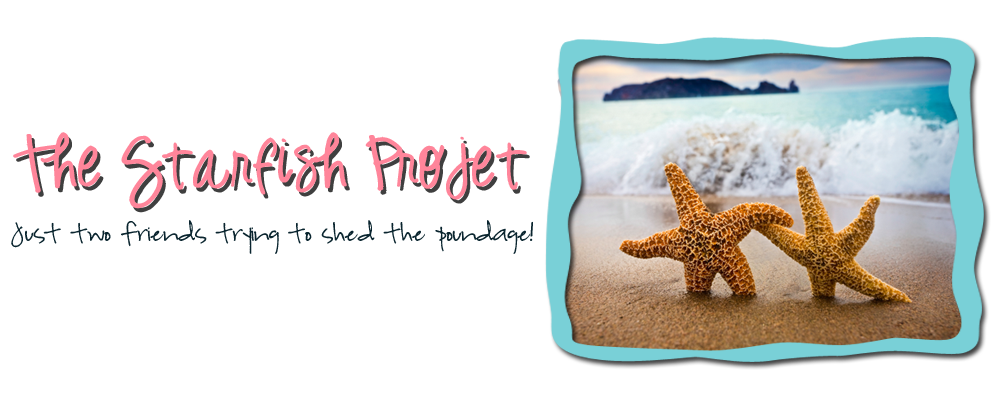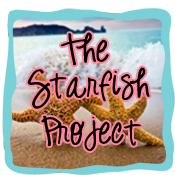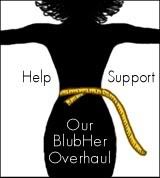
I have mentioned the steep cost of buying organic in a previous post, but I often wonder how important it really is to buy organic. There are so many variations of "organic" on labels these days - USDA Organic, Certified Organic, Contains Organic Ingredients, Made with Organic Ingredients - how's a gal to know whats what?! You practically need to bring your decoder ring to the grocery store. Moreso, what IS the main difference in organic versus non organic, anyway? Amount of chemicals and pesticides? If so, are there things that don't normally get pesticides anyway? Its hard to know what things are crucial to buy organic and what's not.
 I found this nifty little chart online that helped me sort it out... kind of. Dairy products are one thing that I will always buy organic, and not flinch at all at the price tag. Have you seen what that growth hormone does to those cows udders... yeesh. Only rbst-hormone free milk for me, thankyouverymuch.
I found this nifty little chart online that helped me sort it out... kind of. Dairy products are one thing that I will always buy organic, and not flinch at all at the price tag. Have you seen what that growth hormone does to those cows udders... yeesh. Only rbst-hormone free milk for me, thankyouverymuch.When it comes to the fruits and veggies, though, when is it important to spend the extra cash and buy organic?
I had never heard of the dirty dozen until my mom printed me out a list. Apparently, you should ALWAYS go organic when purchasing the following fruits and veggies. They have the highest "pesticide load" of all other veggies, and are listed in order of most contaminated to least.
3. Sweet Bell Peppers
4. Celery
5. Nectarines
6. Strawberries
7. Cherries
8. Lettuce (does this include kale, chard, and other leafy greens? Hmmm....)
9. Grapes
10. Pears
11. Spinach
12. Potatoes
So, now you know. Knowledge is power! The list also mentioned those fruits and veggies that are 'safe' to buy non-organic all the time. No use wasting money on organic if you don't need to right? Buy the following freely, and don't waste time getting organic: eggplant, broccoli, cabbage, bananas, asparagus, sweet peas, mangoes, sweet corn, pineapples, avocado and onion.
Happy Shopping! Or, in my case, Happy Organic Growing!


.png)















Good to know! I had no idea I should be buying organic on certain things. They vegetables you listed are pretty much the only ones I buy, so I will have to look out for that! Keep the blogs coming...I always enjoy reading them!
ReplyDeleteYes organic is becoming trendy, which can be good and bad. If you've ever seen Food inc. they talk a little bit about this. The more popular organic becomes then supply and demand tells us the prices will go down. Thanks for the chart. I think some organic labeling is very misleading. Hopefully your chart will help us all with that. This was a truly great post, very informative. Keep it up!
ReplyDelete